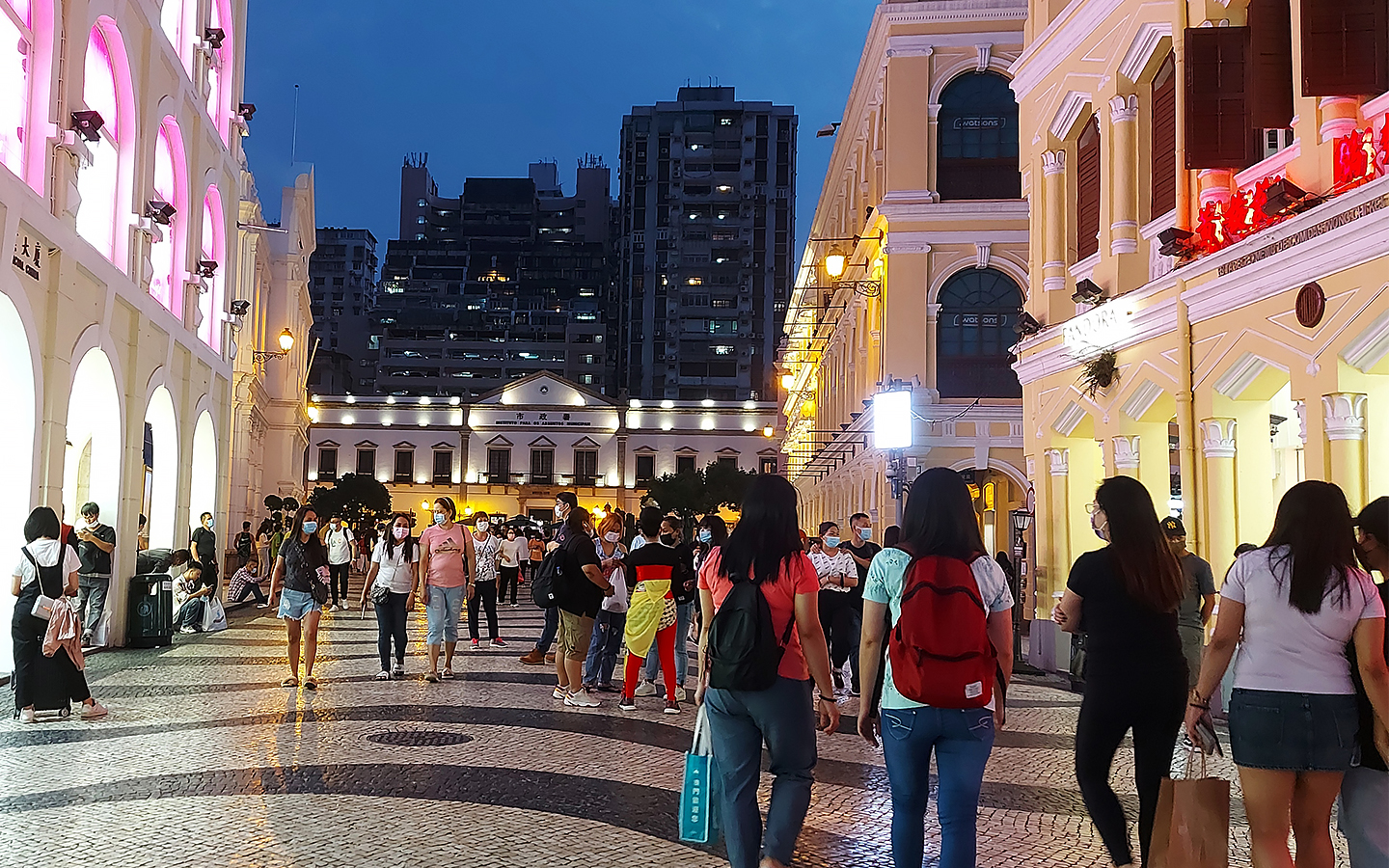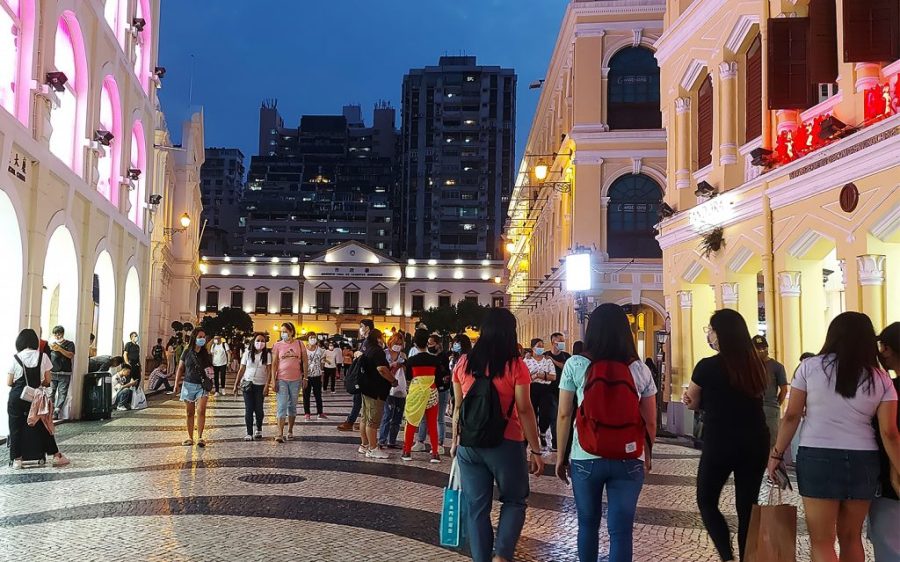Local media have reported that the government will launch a new round of electronic consumer cards as early as next month, with some of those reports drawing backlash from non-resident workers.
The new round of e-consumption cards was announced by Secretary for Economy and Finance Lei Wai Nong last Friday, while Radio Macao reported that the launch would take place in May.
Currently, there are no indications about the amount to be granted and whether non-residents will be included this time.
Prior to the last and third round of e-consumption cards – launched around mid-last year – the government initially planned to give out the round in the form of discounts only, with all non-residents included in the initial plan.
However, the plan changed before the round was launched, with only Macao permanent and non-permanent residents eventually receiving a MOP-5,000 startup fund and a MOP-3,000 immediate discount grant.
In 2020, the first year the e-consumption card was distributed, a petition urging the government to consider providing non-resident workers with the e-consumption card was submitted to the government with over 3,300 signatures.
A 54-year-old Filipina domestic worker named Zael Cordero told Macao News yesterday, “I don’t have the right to feel sad about it [not getting an e-consumption card] because I’m not a Macao resident. That’s the Macao people’s subsidy from their government.”
Cordero, who has worked in Macao for 10 years, added: “On the other hand, I wish the Macao government can consider giving us non-resident workers a little something, like incentives, even just MOP 100 or 200, we will be happy. Especially, some of us have been here long enough that we consider Macao as our second home.”
Rina Kamelia, a 37-year-old Indonesian security guard who has worked in Macao for five years, said: “I think [non-residents not getting e-consumption card] is not fair because we also contribute to Macao, so I think we should at least get something even if it’s not a lot as it would still help our financial situation.”
Another Indonesian migrant worker, 48-year-old Gina Aweed, a domestic worker who has been in Macao since 2008, corroborated, “Of course we would like to get the e-consumption card. We wish we could get some help from the Macao government too. Some non-resident workers also have their salaries reduced [due to the pandemic impact on the local economy].”
She added: “But it is obviously not something the government is obliged to do as we understand we do not have the same benefits [as local residents].”
Meanwhile, some local residents have shown support to give some incentives to non-resident workers.
“The e-consumption card aims to stimulate the local economy, so the blue card holders in Macao should be included. They will shop and it will help stimulate the local economy. I think the amount of MOP 1,000-1,500 would be an appropriate figure,” 40-year-old Hermine Chiu, who works at a local tutoring centre, told Macao News on Tuesday.
A 34-year-old coffee shop owner named Alex Chan said, “I think non-resident workers anywhere in the world do not have the right to demand any government to give anything. The government has to prioritise Macao people. It is normal that non-locals do not have access to Macao people’s benefits just as Macao people would not have access to locals’ benefits not only in other countries but even in Hong Kong.”
He added, “However, I do think the non-resident workers contribute to Macao and I appreciate their contributions. So, I believe we [Macao] can give them [e-consumption cards] too, not because we have to, but it would be great to reward their contributions to encourage them, like with a few hundred patacas maybe.”
Restaurateur Filipe Fernandes (38) said, “A significant amount like, for example, MOP 1,000-1,500 would be adequate for the blue card holders, and it will help stimulate the local economy in many aspects. In fact, they also play an important role in the Macao economy; and they too are humans and have basic needs in life and should be treated more fairly.”






